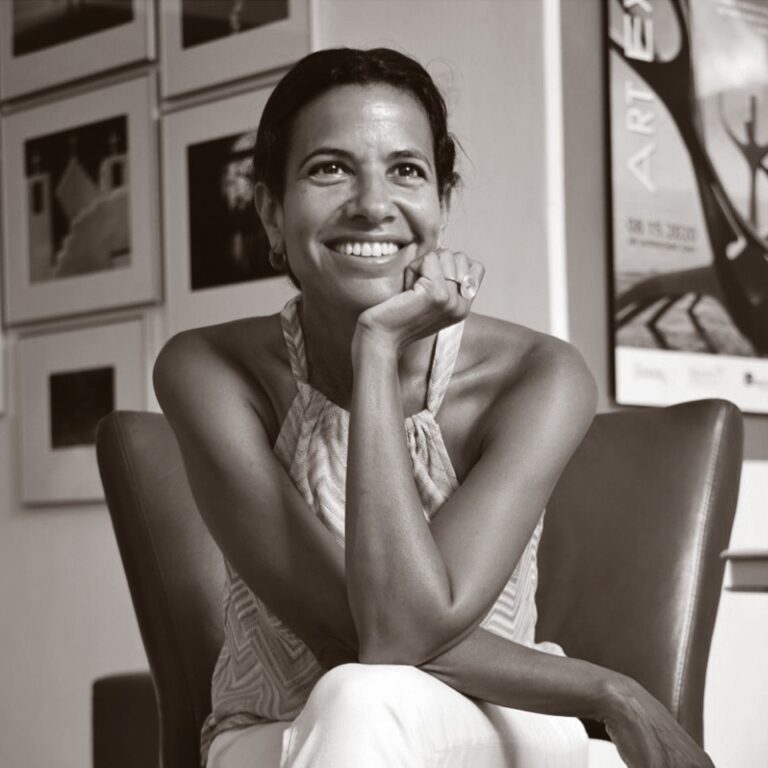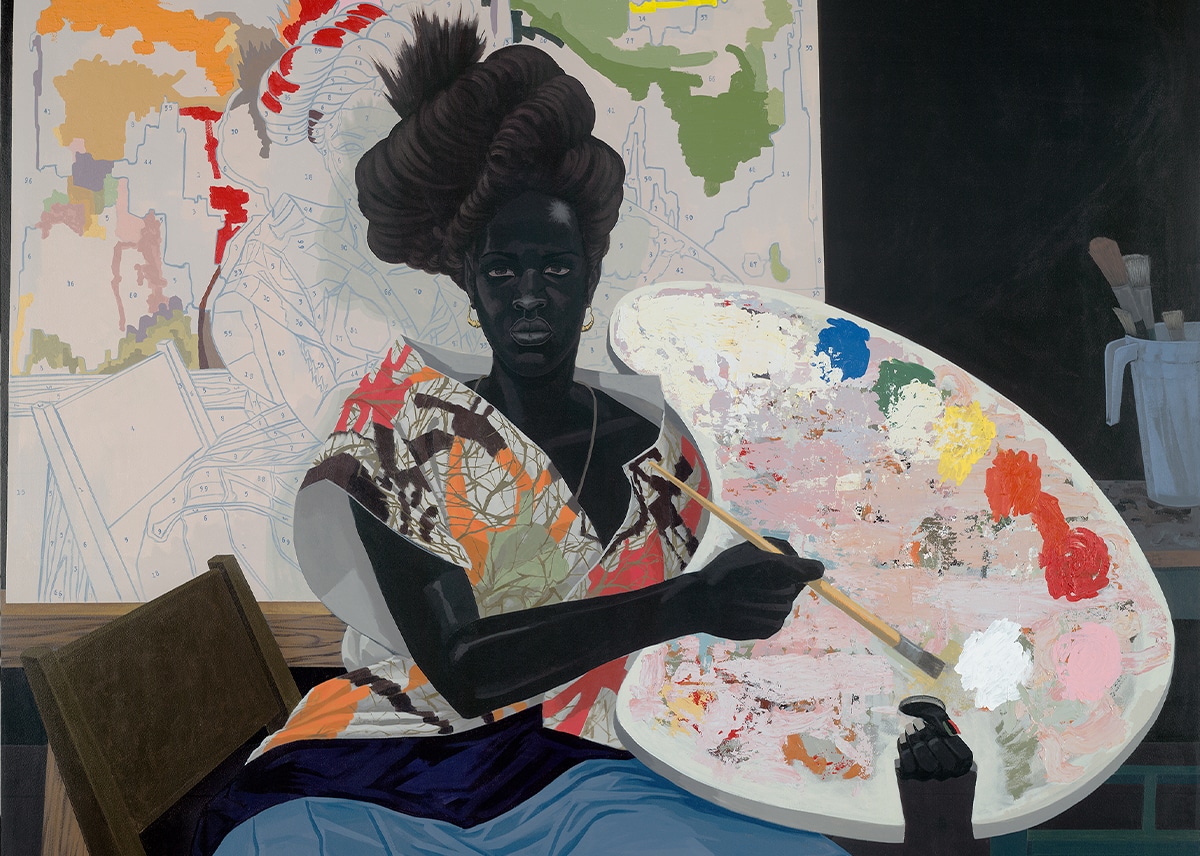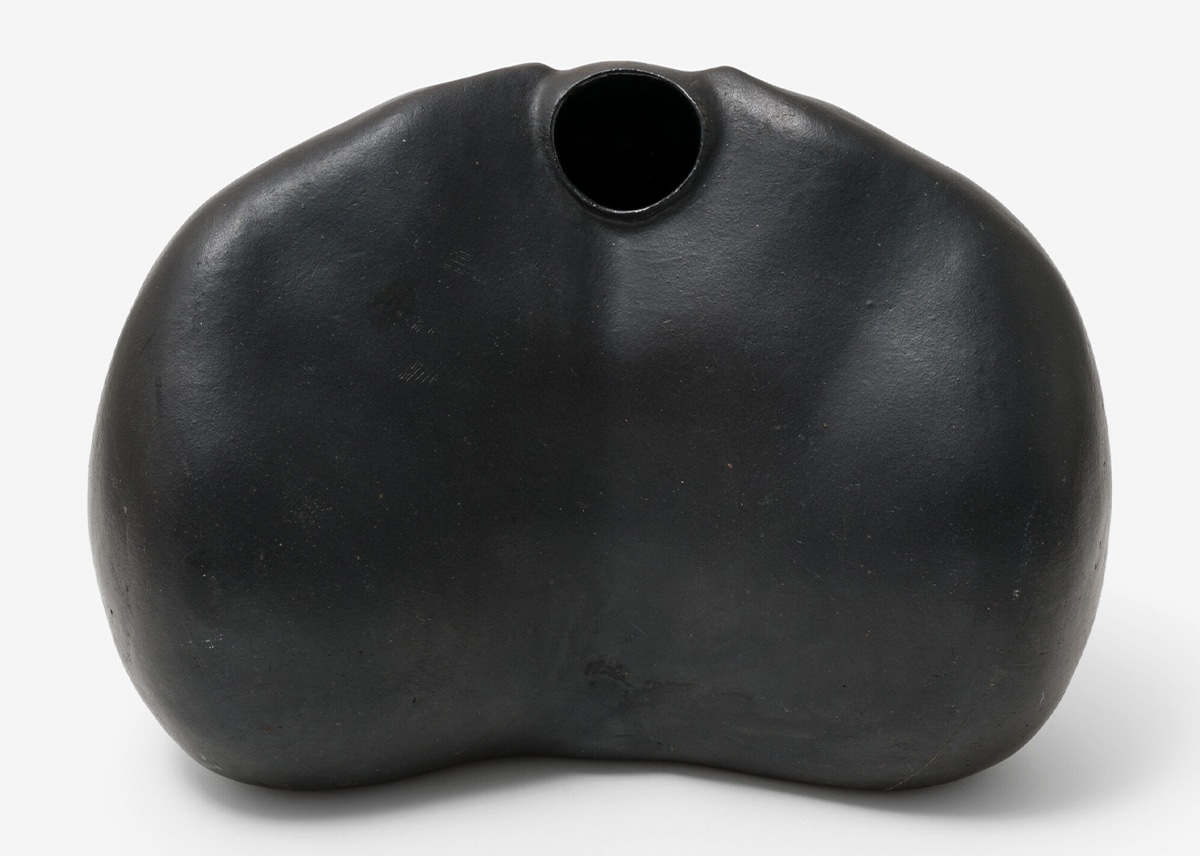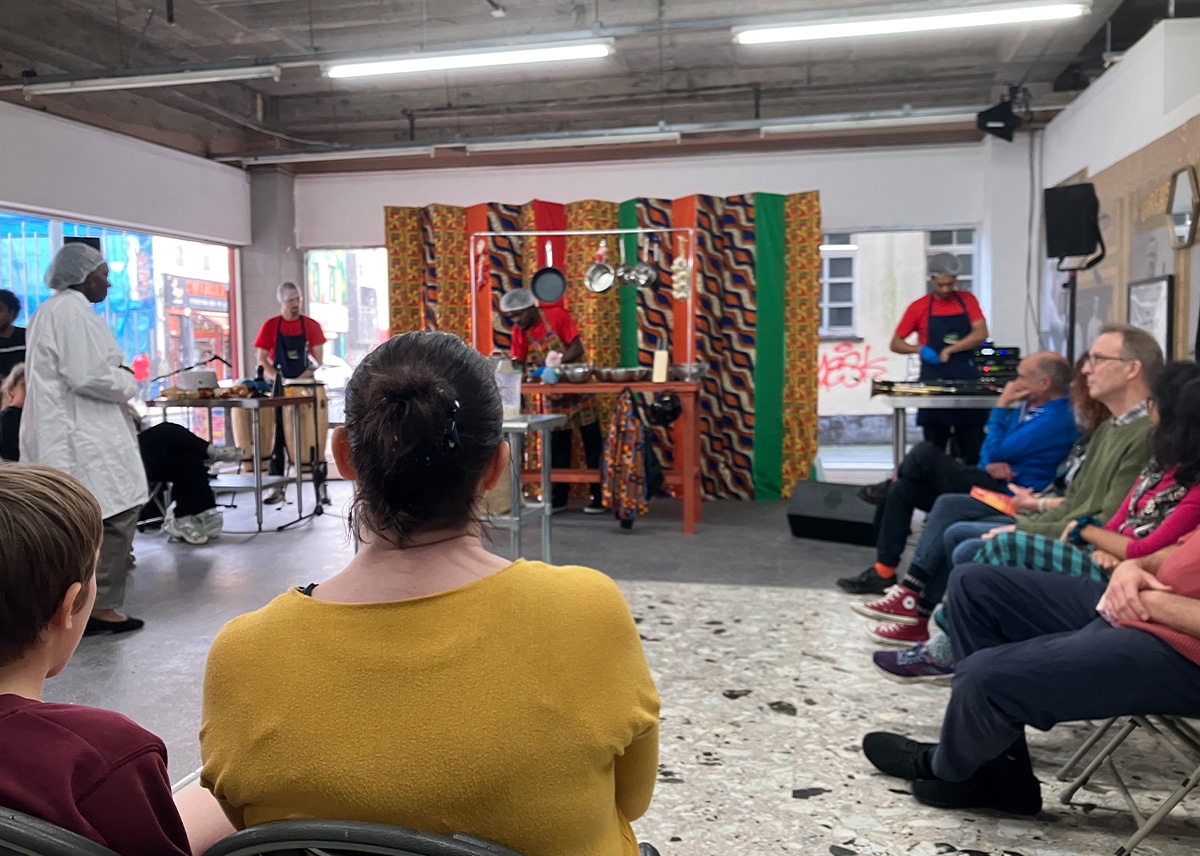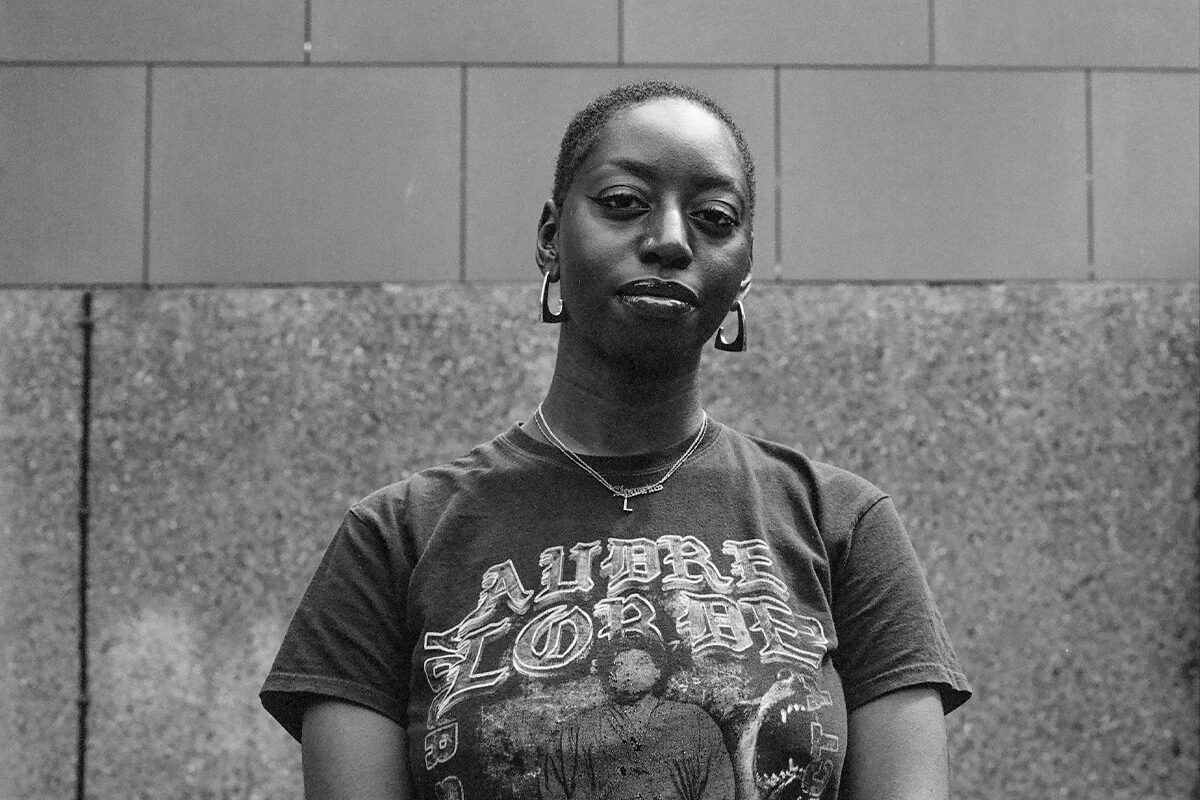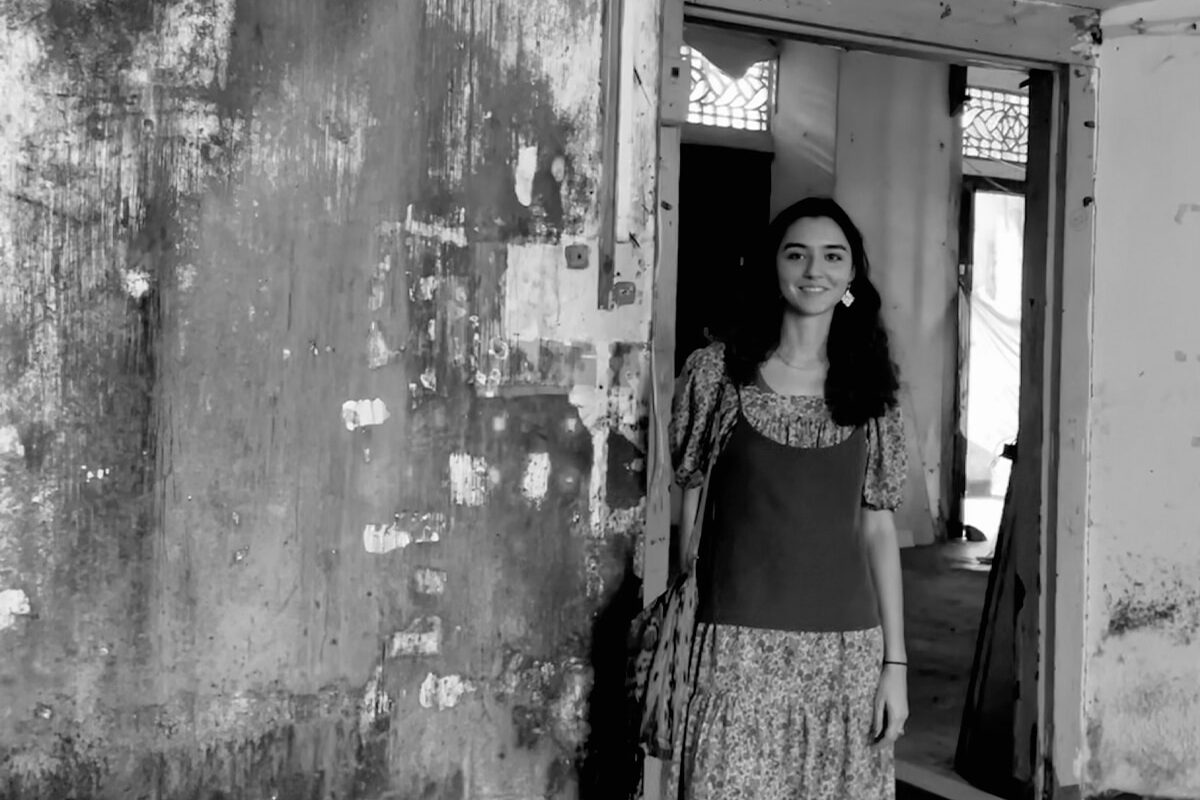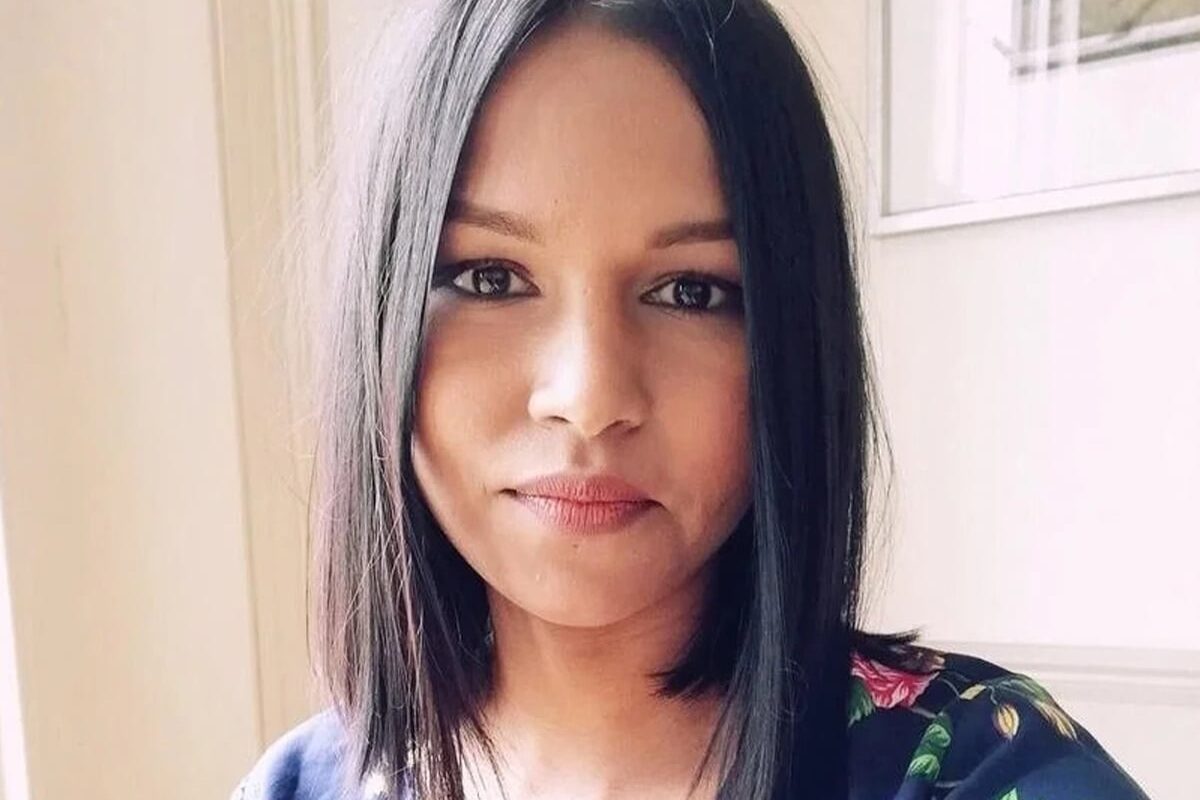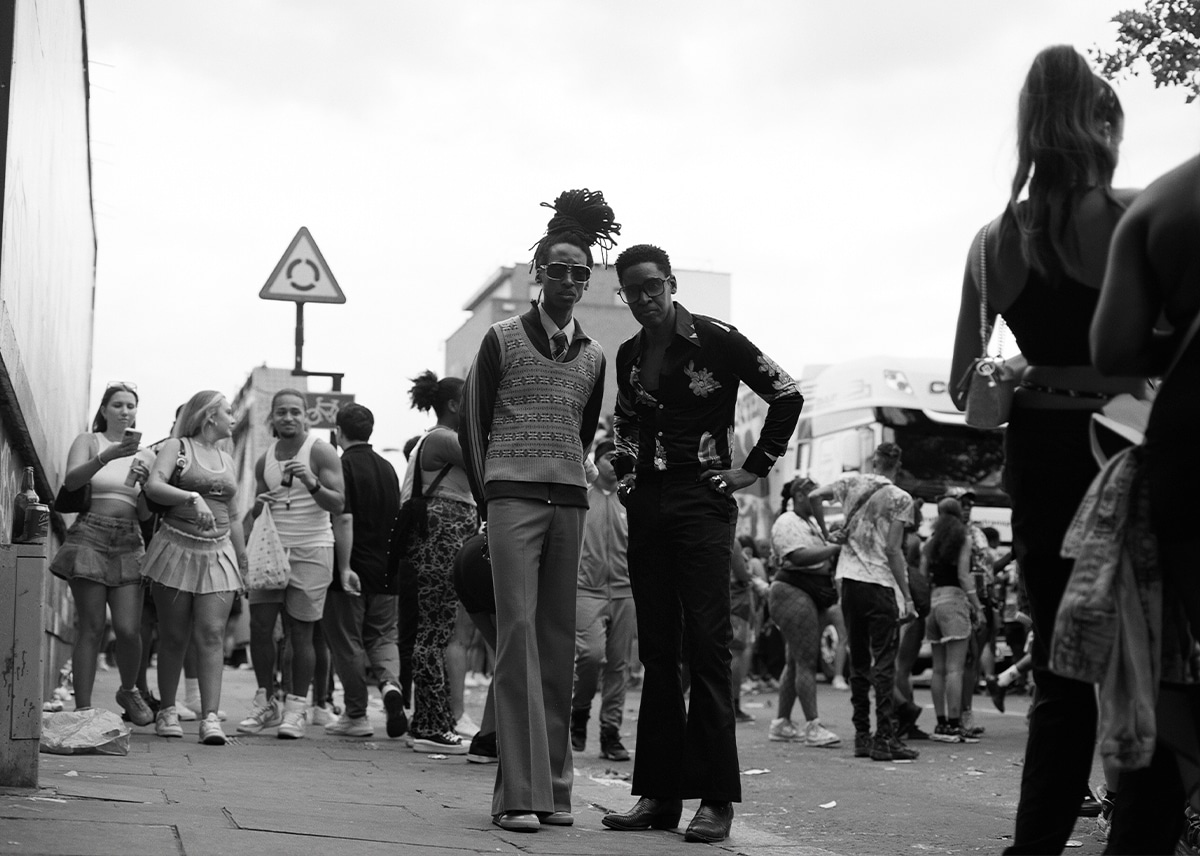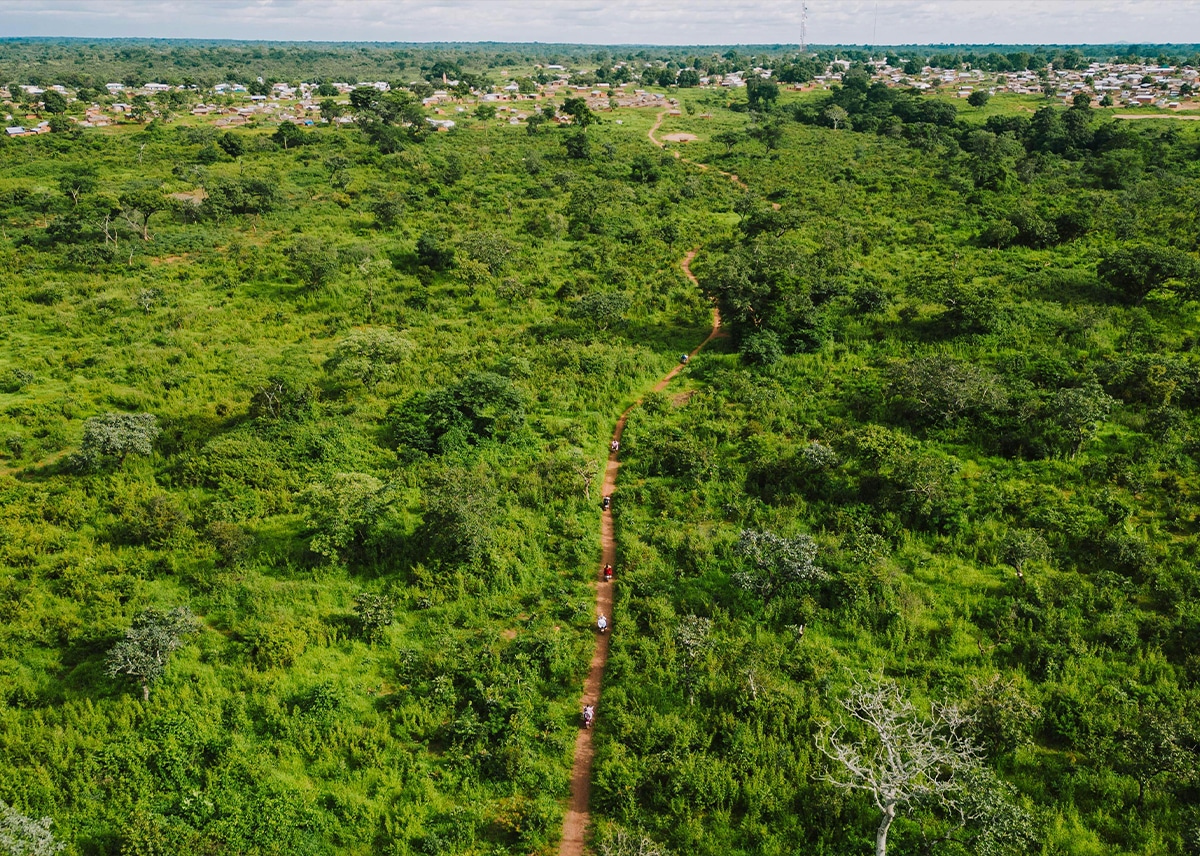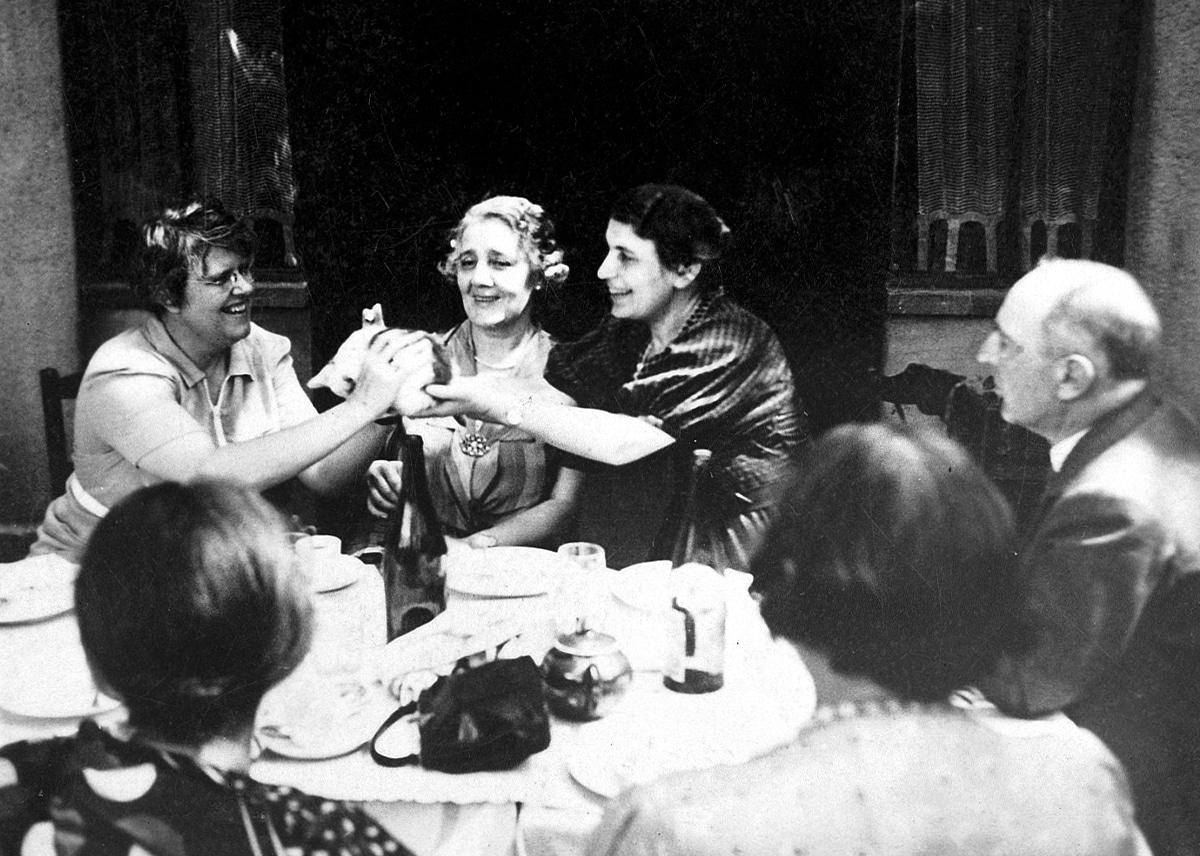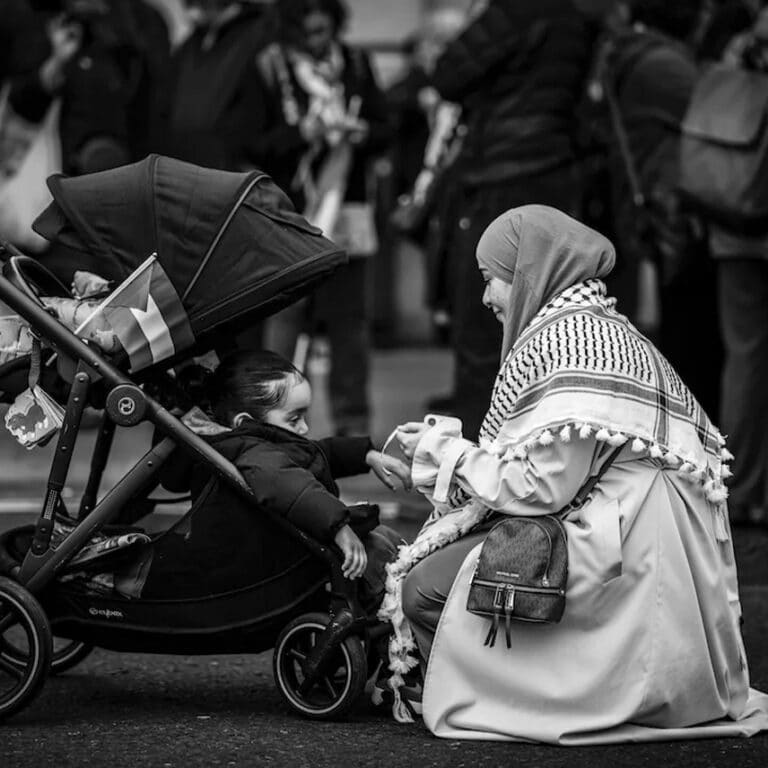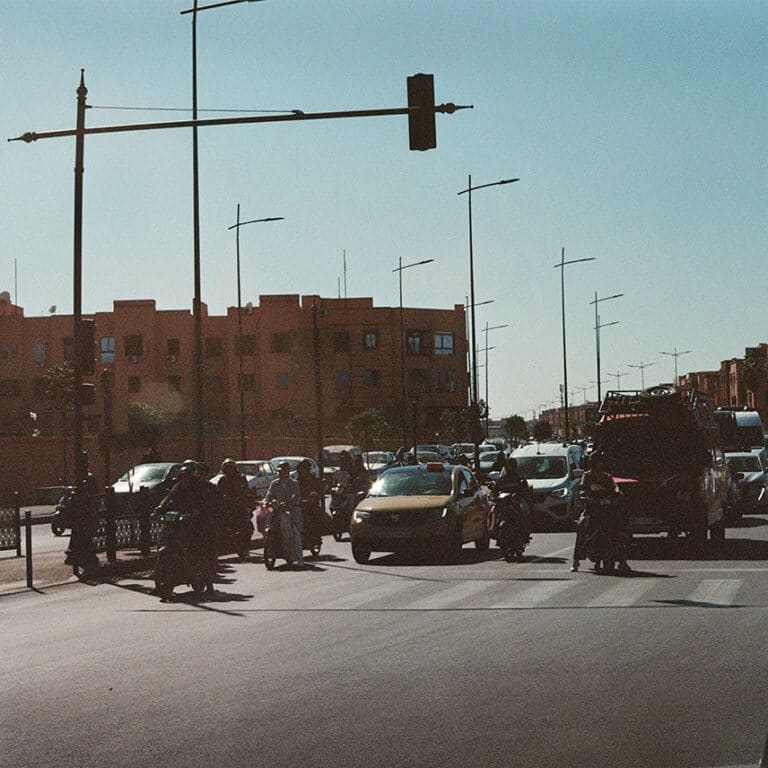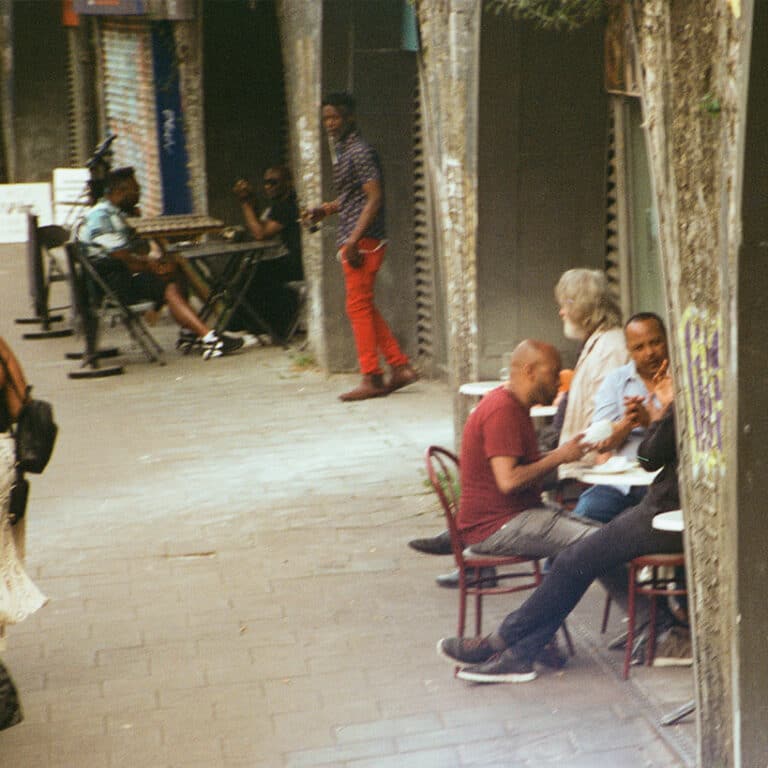The Loneliness of Sonia and Sunny
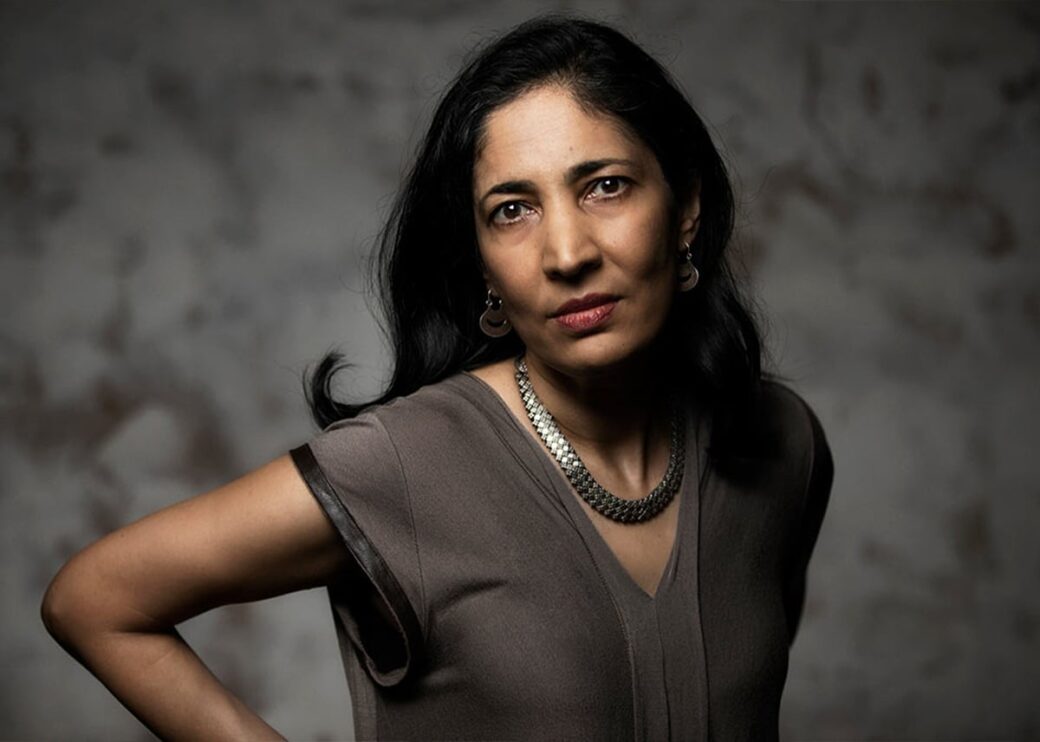
The Loneliness of Sonia and Sunny
Kiran Desai
Penguin Random House, 2025
This is a novel about people trying to ‘properly exist’ in today’s world, the south still reeling from colonial violence and the north confused by immigration. The characters all want a love that would defeat their loneliness but what they find seems to drive them further into alienation and anxiety. Booker Prize winning author (2006) Kiran Desai’s latest book The Loneliness of Sonia and Sunny is huge in scope, beauty and length. It made it to the shortlist for the Booker Prize 2025.
The story begins when Sonia, a young Indian student at college in the United States, calls her grandparents’ house in Allahabad and tells them that she’s lonely. It is a confusing and embarrassing confession to people who are never alone. They arrange an encounter for her with Sonny, the grandson of their neighbour. Sonia’s parents are caught in the hypocrisy and constraints of their social circle in New Delhi, who send their children to study in the US, hoping they do not return without ever asking themselves what they and their country exist for. Desai argues that the only way to become middle-class is to embrace American culture: ‘If you were a worthy Indian, you became an American.’ This is true for the citizens of most post-colonial countries. But how to handle individualism and the selfishness necessary to compete in a capitalistic society when one has grown up in ‘India where nothing works except family’?
Sonia and Sunny fall in love but their existence is not their own. Sonia ends up back in India and Sunny remains in New York, then travels to Mexico, but neither can escape the hold of their parents, which is visceral and desperate, irrational and loving. Distance, ambition, and even romantic love are powerless in the face of the binds of the family. Ahead of the first chapter, we see the family trees of the protagonists, beginning with their grandparents and branching out into smaller shoots, some shrivel and end with no offshoots of their own. But some find a way through and remain thick enough to produce and nourish Sonia and Sunny. The rest of the six hundred and seventy pages are about whether those two family trees end up merging and continuing or not.
We meet Mina Foi, the ‘bad luck daughter’ of Sonia’s grandparents and her only aunt. She is the woman who was not ruthless or careless enough to ignore her parents and follow her love and consequently represents a dead end of the tree. She’s in her fifties living a life devoted to her parents. They offer her a home and birthday parties but it is clear that her life is in orbit around theirs: the retired high court barrister and his wife. She accepts her fate and its ensuing loneliness because she is safe and cared for until the barrister and his wife die and Mina Foi discovers they have left nothing behind and that she is not only an abandoned woman but now a destitute one as well.
Both Sonia and Sunny betray the families who have invested in their future to impress their white lovers. Desai tells it as it is. The family is not a project or a goal. It is not a means of redemption, often not even a safe place and can be used like a tool. Yet it is undeniable because we all come from one. The family, as children understand instinctively, is our first place of learning. It is what frames the human condition and gives shape to our lives. Through this novel, we see that those who have family struggle, but because people can change, they still have a shot at peace.
There is one character in this novel who has no family. It is the artist Ilan de Toorjen Foss. He is of aristocratic European stock and the descendant of colonisers. We meet him in Vermont where he befriends and seduces lonely Sonia in the snow. He tells her that his mother doesn’t love him. Through a well rehearsed routine of abuse, he terrorizes and demeans Sonia until she is reduced to a ghost of herself. He steals the gift her mother gave her when she left for the United States, an amulet her grandfather had treasured, Badal Baba. For a long time it seems like Ilan is invincible. A man with no family to recognise him seeks fame. Ilan, in line with his ancestors, draws his power from the colonial woman, her story and her amulet. He becomes famous and his art appears everywhere but his existence hinges on the subjugation of vulnerable young women. Sunny, at the end of a journey where he tries and fails to exist as what he thinks of as a Westerner, finally yields to those who love him. It all becomes clear. He needs to fight the modern-day coloniser to vanquish his and Sonia’s loneliness.
‘If you don’t have love, you don’t properly exist. If you don’t properly exist, you don’t have love,’ Desai concludes at the end of the novel. A quote for the ages.
Kerry James Marshall: The Histories
Kerry James Marshall's paintings at the Royal Academy of Arts preserve the enigma of African Americans whilst humanising them
Donald Locke
A sombre and powerful showcase of Donald Locke's work over five decades
The Jollof House Party Opera
A joyful, multisensory feast that immerses audiences as active participants in a bustling restaurant kitchen
Jodhpurs, Tweeds and Monocles
Inheriting the patterns of life marked into second-hand clothing
On not becoming an army officer
'To this day, every time someone tells me they are an officer in the army, I first look at their knees.'
Anna Freud at the Freud Museum
An appreciation of Anna Freud's pioneering work as a child psychologist and her place in the Freud Museum, London

Preaching
'Preaching': A new poem by the T.S.Eliot Prize-winning poet Roger Robinson, from his forthcoming New and Selected Poems (Bloomsbury in 2026).
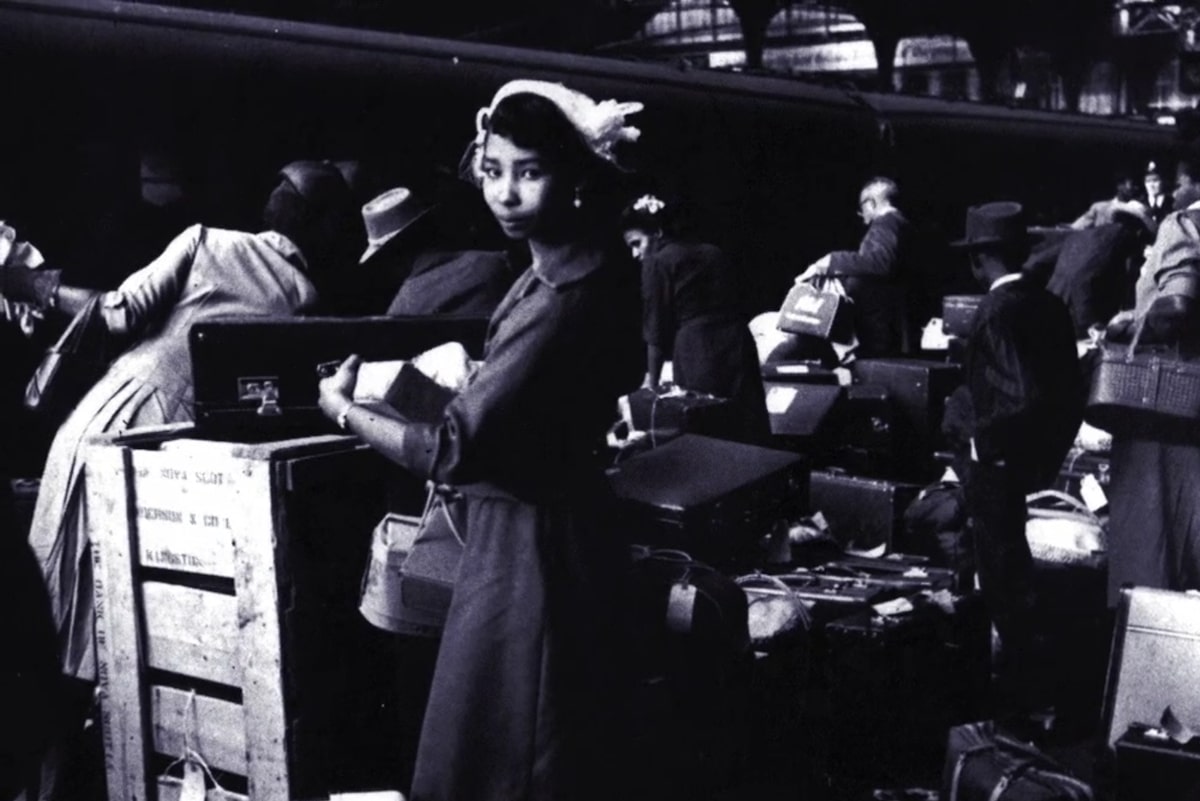
Walking in the Wake
Walking in the Wake was produced for the Estuary Festival (2021) in collaboration with Elsa James, Dubmorphology and Michael McMillan who meditates on the River Thames as we follow black pilgrims traversing sites of Empire.

Illuminating, in-depth conversations between writers.
SpotifyApple Podcasts
Amazon Music
YouTube
Other apps

The series that tells the true-life stories of migration to the UK.
SpotifyApple Podcasts
Amazon Music
YouTube
Other apps

